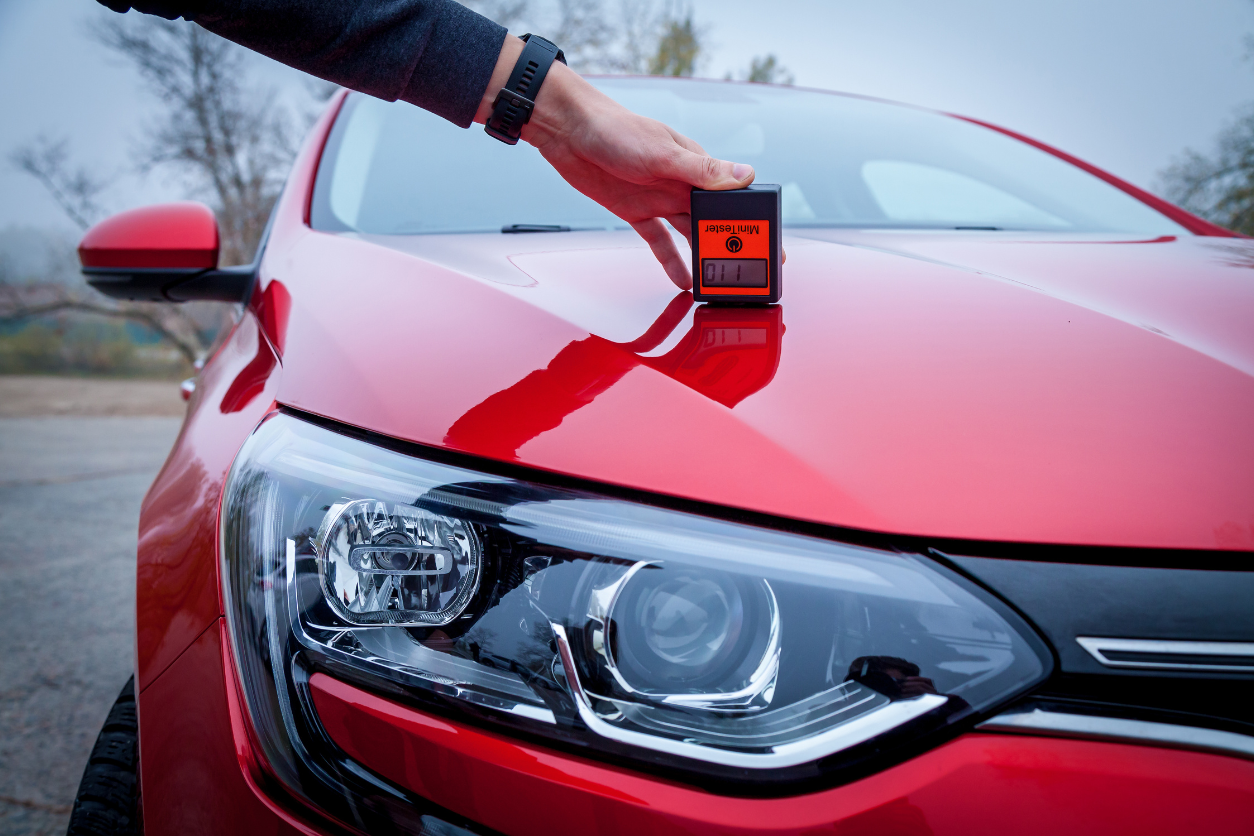Common Used Car Scams and How to Avoid Them: A Buyer’s Guide

Buying a used car can be a smart move—whether you’re saving money, avoiding the steep depreciation of a new vehicle, or just looking for a specific model that’s no longer in production. But navigating the used car market also comes with its own set of risks. Unfortunately, scams are all too common, and they can turn what should be a positive experience into a costly mistake.
In this blog, we’ll explore some of the most common used car scams in the United States and provide practical tips on how to avoid falling victim to them. Whether you’re a first-time buyer or an experienced shopper, these insights will help you make a safer, more informed purchase.
1. Odometer Rollback
The Scam: Odometer rollback is one of the oldest tricks in the book. It involves tampering with the car’s odometer to show fewer miles than the vehicle has actually traveled. Lower mileage can make a car seem more valuable and allow the seller to charge a higher price. According to the National Highway Traffic Safety Administration (NHTSA), approximately 450,000 vehicles are sold each year with false odometer readings, costing American consumers over $1 billion annually.
How to Avoid It:
- Check the Vehicle History Report: Services like Carfax or AutoCheck can reveal mileage inconsistencies.
- Look for Wear and Tear: A car with low mileage should not show significant wear on the pedals, steering wheel, or seats.
- Have a Mechanic Inspect the Car: A professional can spot signs of tampering that you might miss.
2. Title Washing
The Scam: Title washing is the illegal practice of altering a vehicle’s title to hide its history, such as branding from flood damage, salvage status, or other serious issues. Scammers move the car to states with looser title regulations to remove or “wash” these records. Florida is known to be the most lenient, with Oregon, Nebraska, South Carolina, and Minnesota warranting extra caution as well.
How to Avoid It:
- Review the Title Carefully: Always ask to see the title before making a purchase. Check for discrepancies or signs of alteration.
- Use a VIN Check Service: Websites like the National Motor Vehicle Title Information System (NMVTIS) can provide title history and ensure the title is clean.
- Be Wary of Out-of-State Sales: Be extra cautious if the car has moved between states, especially those known for lenient title laws.
3. Curbstoning
The Scam: Curbstoning refers to the act of unlicensed dealers posing as private sellers to offload cars with hidden problems. These cars are often bought at auction and then flipped quickly with little or no disclosure about their true condition. It is generally believed that curbstoning accounts for up to 80% of online used car sales ads, so this is a major red flag to look for.
How to Avoid It:
- Verify the Seller’s Identity: Ask to see the seller’s ID and compare it with the name on the title. If they refuse, walk away.
- Meet at a Residence: Avoid meeting in parking lots or other neutral locations. A genuine private seller will typically invite you to their home.
- Research the Seller’s Phone Number: A quick online search can sometimes reveal if the number is associated with multiple car listings—a red flag for curbstoning.
4. Fake Certified Pre-Owned (CPO) Vehicles
The Scam: Certified Pre-Owned vehicles come with the promise of a rigorous inspection process and an extended warranty. However, some dishonest dealers label used cars as CPO without actually performing the required checks or offering the promised benefits. This can leave buyers paying a premium for a car that doesn’t meet the standards of a true CPO vehicle.
How to Avoid It:
- Buy from a Trusted Dealership: Only purchase CPO vehicles from the manufacturer’s authorized dealers.
- Request Documentation: Ask for proof of the inspection and the certification process.
- Understand the Warranty: Review the warranty terms carefully to ensure they match what a CPO vehicle should offer.
5. Online Scams and Nonexistent Vehicles
The Scam: Online marketplaces have made it easier than ever to shop for used cars, but they’ve also opened the door to scams. One common trick involves listing cars that don’t exist or that the seller doesn’t actually own. The scammer may ask for a deposit or full payment upfront, only to disappear once the money is sent.
How to Avoid It:
- Never Send Money Without Seeing the Car: Always inspect the vehicle in person before making any payments.
- Use Reputable Platforms: Stick to well-known websites that offer buyer protections, like AutoTrader, and be wary of deals that seem too good to be true.
- Avoid Wire Transfers: Scammers often request payment via wire transfer because it’s difficult to trace or recover. Use secure payment methods instead.
Final Note
Buying a used car doesn’t have to be a stressful experience, but it does require some diligence. By being aware of these common scams and following the tips we’ve shared, you can significantly reduce your risk of falling victim to fraud. Remember, if something feels off during the buying process, trust your instincts and walk away. There will always be another car out there, so take your time and research thoroughly before buying a used car.